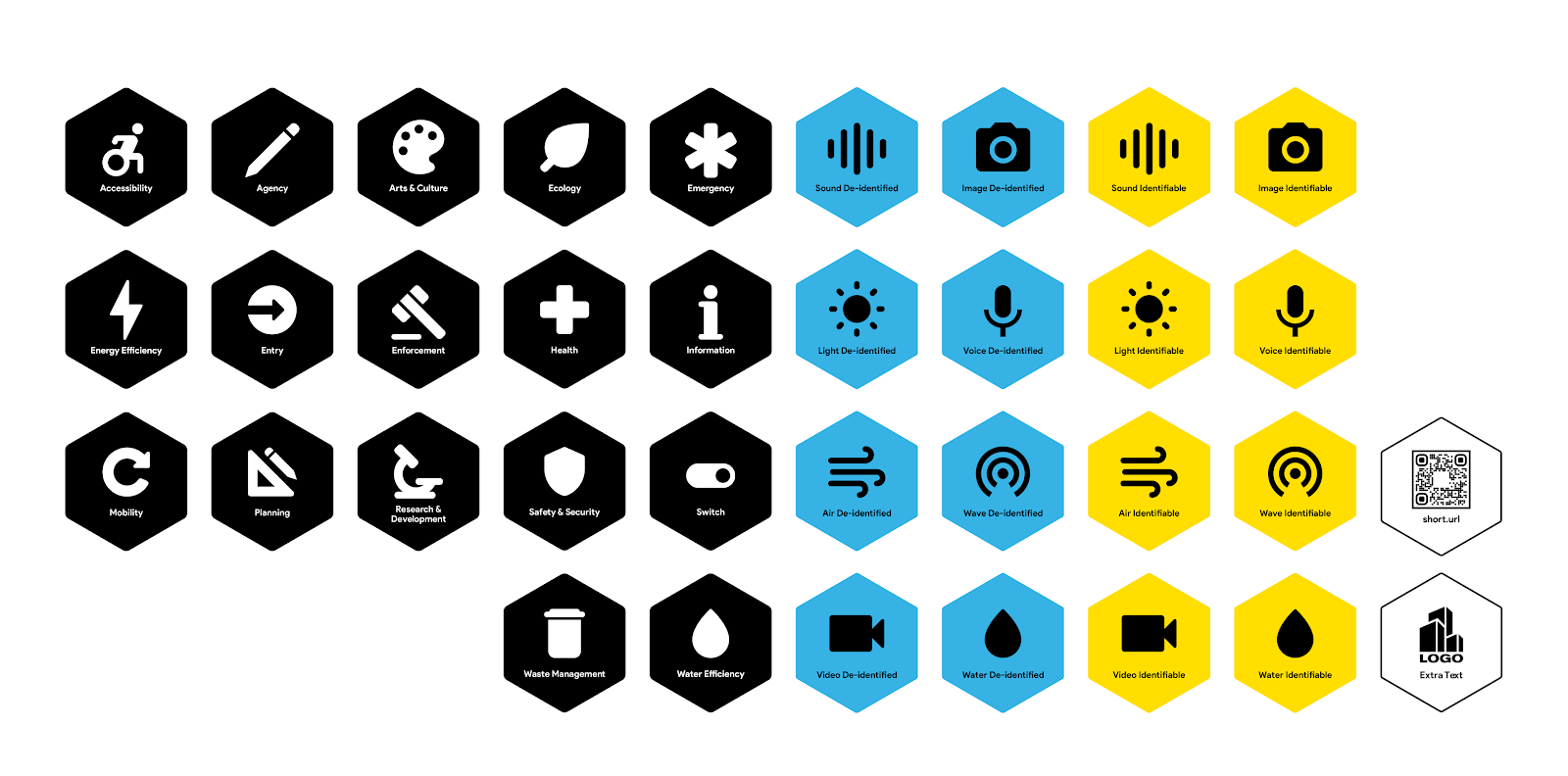Six Signals: unionized memers and biblical AI

Welcome back to Six Signals! For those of you joining me for the first time, this is a biweekly look at some of the interesting signals of the near future — how technology, design, and more are changing our society and our personal experiences.
1: Seizing the “memes of production”

Folks who create Instagram memes are organizing to form a union. Yes, really. The argument is that meme creation is a growing type of labor that has none of the formal protections that other types of workers do. The Atlantic‘s piece on the union acknowledges that “the IG Meme Union will probably never be recognized by the National Labor Relations Board, but organizers say it can still act as a union for all intents and purposes.”
The primary issue the organizers are addressing is selective censorship on the part of Instagram. They want a more transparent appeals process, as well as better ways of ensuring that memers’ work isn’t monetized unfairly by others.
Instagram memers are unionizing
2: Iconography for digital surveillance

Sidewalk Labs, Alphabet Inc.’s urban innovation organization, is developing a design language for public signage that will indicate when digital technologies are in use in public spaces and for what purpose. We are increasingly being “read” by any number of digital sensors in public spaces, from CCTV to door sensors to traffic cameras to Bluetooth and WiFi signals, but that sensing is invisible and therefore can’t be interrogated. The iconographic system is meant to bring more transparency to these interactions.
The project has raised some interesting debate about whether a design system like this leads to any kind of citizen empowerment, or if it aestheticizes and normalizes a culture of surveillance.
How can we bring transparency to urban tech? These icons are a first step.
3: How does God feel about AI?
The Southern Baptist Convention’s public-policy arm, the Ethics and Religious Liberty Commission, spent nine months researching and writing a treatise in response to artificial intelligence from an evangelical viewpoint. As far as I know, this is a rare example of a religious entity formally applying church principles to new technologies.
TL;DR: the document is mostly quite optimistic about AI, though it draws the line at sex bots and specifies that robots should never be given equal worth to humans.
How Southern Baptists are grappling with artificial intelligence
4: The dark side of optimization
In a recent New York Times article about Soylent’s new product line (surprise, it’s food!), there’s a disturbing note about Soylent’s foray into becoming a supplier for Uber, Lyft, and Postmates drivers.
Andrew Thomas, Soylent’s vice president of brand marketing, found an interesting gap in the tech industry — not, this time, at corporate offices, but in the gig economies their industry designed and oversees, where maximizing efficiency is more of an algorithmic mandate than it is a way to signal your sophistication.
It turns out Soylent is stocking fridges in the driver hubs for Lyft (and has a discount code for drivers) and has a partnership with the company that supplies Uber drivers with food. They are looking to do the same with Postmates.
Through these partnerships, potential and established, Soylent will complete a sort of circuit, taking its product, once a lifestyle choice for a small group of technology overlords, and pushing it as a lifestyle necessity to the tech underclass for whom every moment spent on things like eating instead of working means less money.
Here’s Soylent’s new product. It’s food.
5: The link between technophilia and fascism
Rose Eveleth has written a thoughtful analysis of the early twentieth century Futurist movement, a movement that was aggressively optimistic about the new technologies of the time — and also supported the growing Fascist politics in Europe. She draws a link between the two, cautioning that there are echoes of similar sentiments in the tech community now.
This love of disruption and progress at all costs led Marinetti and his fellow artists to construct what some call a “a church of speed and violence.” They embraced fascism, pushed aside the idea of morality, and argued that innovation must never, for any reason, be hindered.
Bottom line: we need to be thoughtful about how we apply technology, or else it can lead to applications that diminish our humanity.
When Futurism Led to Fascism—and Why It Could Happen Again
6: Defunct QR code tattoos
Want to know when the next Six Signals is available? Follow @cog_sprocket on Twitter or sign up for the automattic.design email list.
